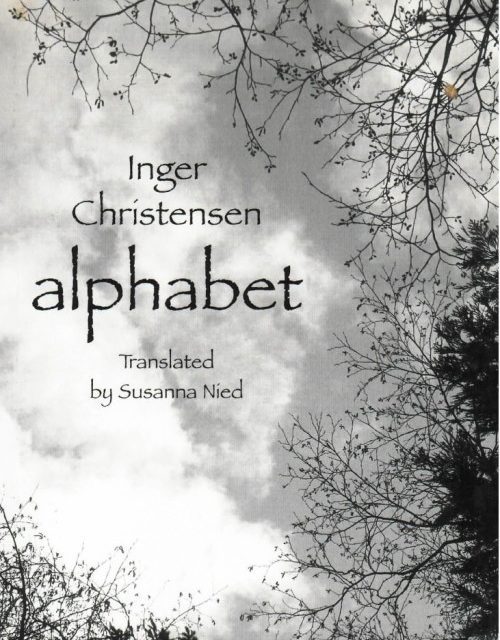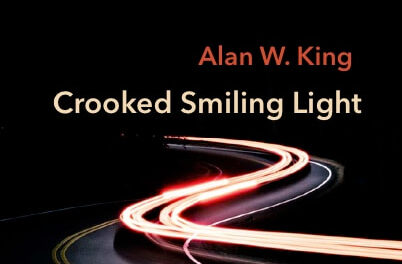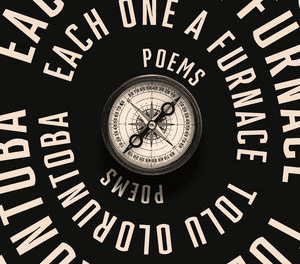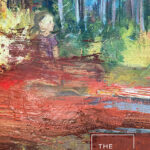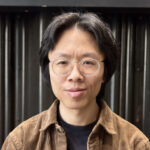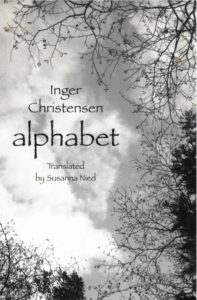 Editorial Assistant Austin Allen: Inger Christensen’s Alphabet (New Directions, 2001) is a book that made me hesitate at first, then won me over. Its inventive structure, based on the Fibonacci sequence (the number of lines in each section follow the pattern 1, 2, 3, 5, 8, 13, etc.), impressed me as both clever and challenging, and I soon gathered that Christensen was writing a collection of modern litanies, a poetic inventory of the world’s wonders and terrors. Still, for all the originality of the conceit, I expected it to wear on me after a few pages. Instead it deepened and took on eerie new overtones as the book progressed.
Editorial Assistant Austin Allen: Inger Christensen’s Alphabet (New Directions, 2001) is a book that made me hesitate at first, then won me over. Its inventive structure, based on the Fibonacci sequence (the number of lines in each section follow the pattern 1, 2, 3, 5, 8, 13, etc.), impressed me as both clever and challenging, and I soon gathered that Christensen was writing a collection of modern litanies, a poetic inventory of the world’s wonders and terrors. Still, for all the originality of the conceit, I expected it to wear on me after a few pages. Instead it deepened and took on eerie new overtones as the book progressed.
Published in Denmark in 1981 and beautifully translated by Susanna Nied, Alphabet emerged from a late Cold War world that no longer seems as distant as it did a few years ago. Its alphabetic catalogue unfolds as a Genesis-like act of creation and naming:
1
apricot trees exist, apricot trees exist
2
bracken exists; and blackberries, blackberries;
bromine exists; and hydrogen, hydrogen
In section 10, the rapturous celebration of things that exist—from “June nights” to “the wingbeat variations of hedge sparrows”—takes a crucial turn with the acknowledgment that “atom bombs exist.” For a non-Danish speaker, it’s hard to know how much of the wordplay in English carries over from the original, but I read this passage as a way of starting over at “A.” In a sense, the spectacular destructiveness of the atom bomb created a new reality. Coming as it does in the “J” section, the passage also interrupts what had been a thick cluster of geographical “J” names:
with Jabrun, Jambo, Jogjakarta,
with duststorms, Dutchman’s breeches
with water and land masses jolted by tremors
with Judenburg, Johannesburg, Jerusalem’s Jerusalem
Given this setup, we might expect the word “Japan” to appear somewhere in the subsequent lines about Hiroshima and Nagasaki. But it’s nowhere to be found. It’s a ghost.
Although the following section begins with the redemptive “love exists, love exists,” the tenor of the book is never quite the same afterward. That’s not to say it becomes morose (or schmaltzy); in fact, the outstanding quality of Alphabet is its serenity, its capacity to absorb the fact of nuclear weapons into a vast natural panorama. But the atmosphere of threat never dissipates. We’re not in Eden anymore. A few pages later we’re reminded that “hydrogen bombs exist”; shortly after that, we’re reminded (or informed, if we’re not up on these technologies) that “cobalt bombs exist”—
wrapped in their cloaks
of cobalt-60 isotopeswhose half-life
ensures the most
harmful effectsthere’s no more to
say; we ensure that
the harm is as great
as it can be; there’s no
more to say…
The poet seems to throw up her hands, but her book is still at its midpoint; she has plenty more to catalogue and cherish in the face of this menace. Alphabet eventually ends at “N” (for “nuclear”?), raising the possibility that its splendors have been cut off prematurely. Even so, it manages to conjure what Wallace Stevens might have called a “planet on the table.” It feels more encyclopedic than many books twice its length, and its dedicated elaboration of a simple conceit is meditative in the truest sense.
Austin Allen’s first poetry collection, Pleasures of the Game (Waywiser Press), won the 2016 Anthony Hecht Poetry Prize. His poems and essays have appeared widely. He lives and teaches in Cincinnati.

